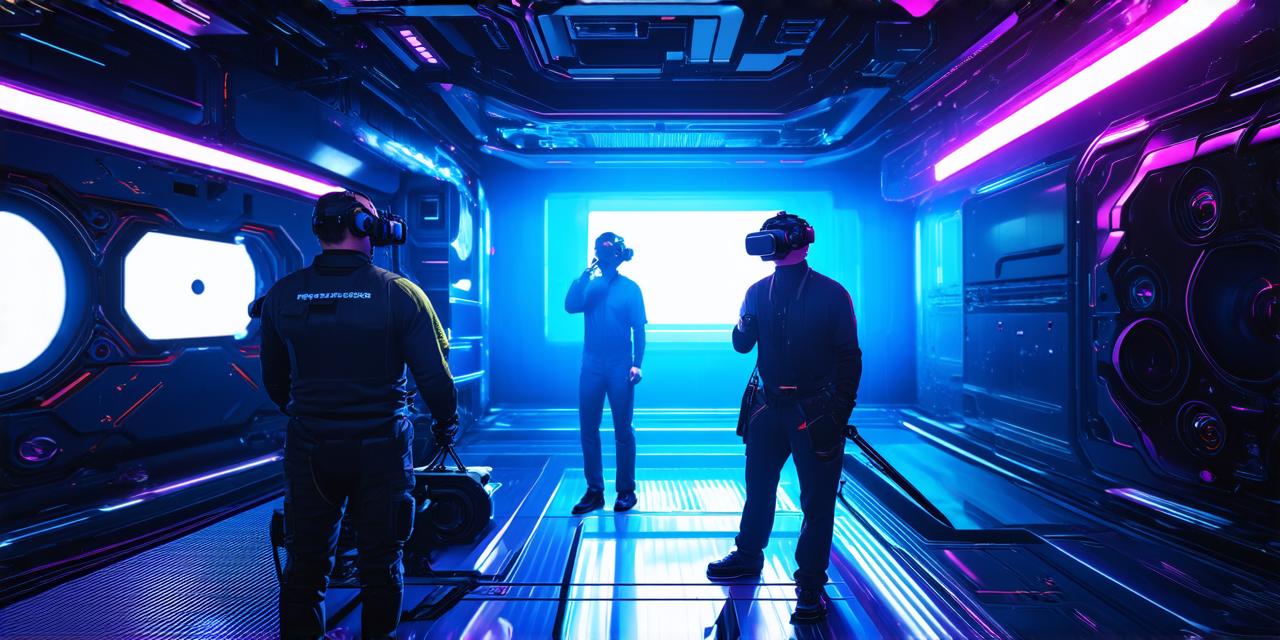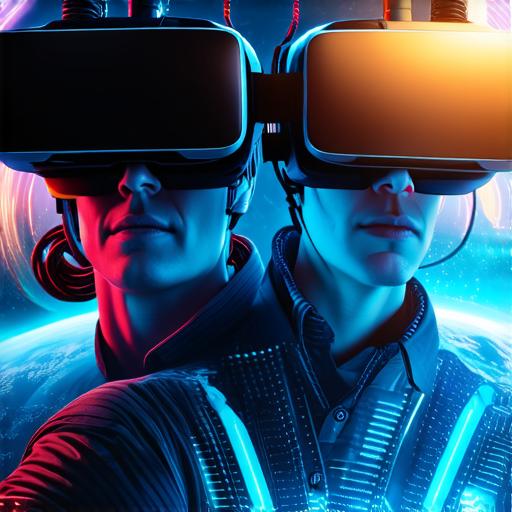
What is meant by the term virtual reality?
Virtual reality (VR) technology has taken the world by storm. From gaming to healthcare, VR is revolutionizing the way we experience and interact with digital environments.

What is Virtual Reality?
Virtual reality refers to a simulated environment in which a person can interact using electronic devices such as headsets or gloves equipped with sensors. VR technology has been around since the 1960s, but it was only in the last decade that it became accessible and affordable for consumers.
One of the key features of VR is its ability to create an immersive experience. When a user puts on a VR headset, they are transported into a digital world that looks and feels like the real thing. This can be particularly useful in industries such as gaming or training simulations, where users need to feel like they are in a realistic environment to achieve their goals.
Another important aspect of VR is its ability to track user movements. This allows developers to create interactive experiences that respond to the user’s actions in real-time. For example, a VR game might require the player to physically duck and dodge to avoid obstacles or enemies.
How Does Virtual Reality Work?
The technology behind VR involves several different components working together to create an immersive experience. These include:
- Display devices: These are the devices that the user wears, such as headsets or glasses. They display a stereoscopic image that creates the illusion of depth and 3D movement.
- Sensors: These devices track the user’s movements in real-time, allowing them to interact with the virtual environment. For example, sensors on gloves can detect hand movements and gestures.
- Processing power: VR experiences require a lot of processing power to render the virtual environment in real-time. This is typically provided by high-end computers or specialized hardware such as graphics processing units (GPUs).
- Content creation tools: Developers use software tools to create the virtual environments and experiences that users interact with. These tools can be quite complex, requiring a lot of technical expertise.
Potential Applications for Virtual Reality Developers
Virtual reality technology has the potential to revolutionize many different industries. Some of the most promising applications include:
- Gaming: VR games have already proven to be incredibly popular, with millions of users around the world enjoying immersive gaming experiences. Developers can create games that are more engaging and interactive than traditional console or PC games.
- Training simulations: VR technology can be used to create realistic training simulations for a wide range of industries, from healthcare to aviation. This allows trainees to practice their skills in a safe and controlled environment.
- Virtual meetings: With the rise of remote work, virtual reality technology could revolutionize the way we communicate and collaborate. VR-based virtual meetings could allow participants to feel like they are in the same room, even when they are hundreds or thousands of miles apart.
- Tourism and travel: VR technology can be used to create virtual tours of popular tourist destinations, allowing users to experience these locations without having to leave their homes. This could be particularly useful for people who are unable to travel due to financial or other constraints.


